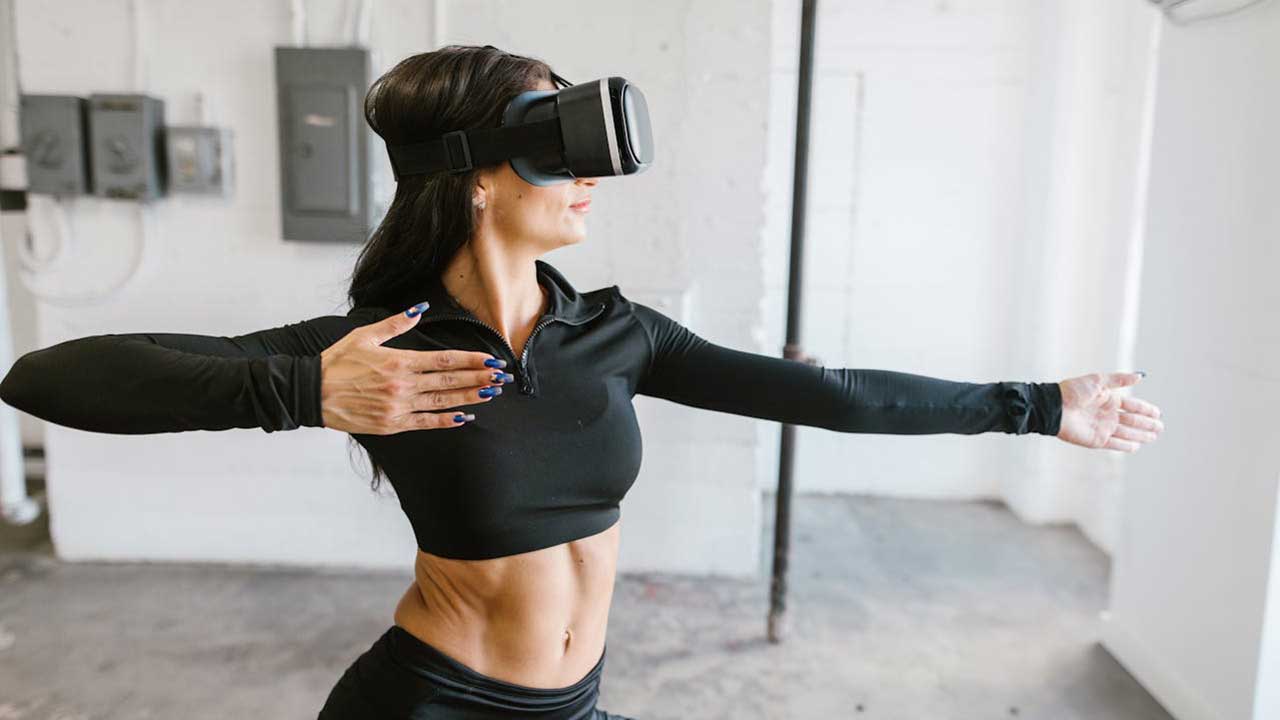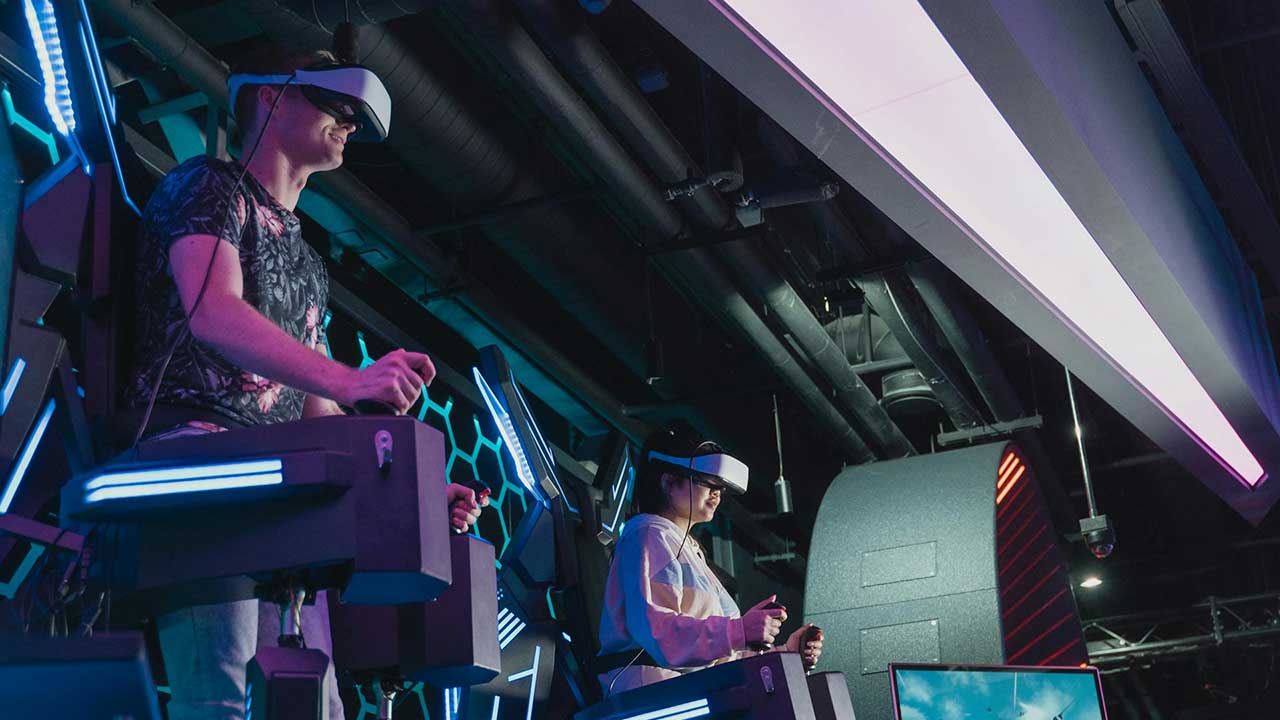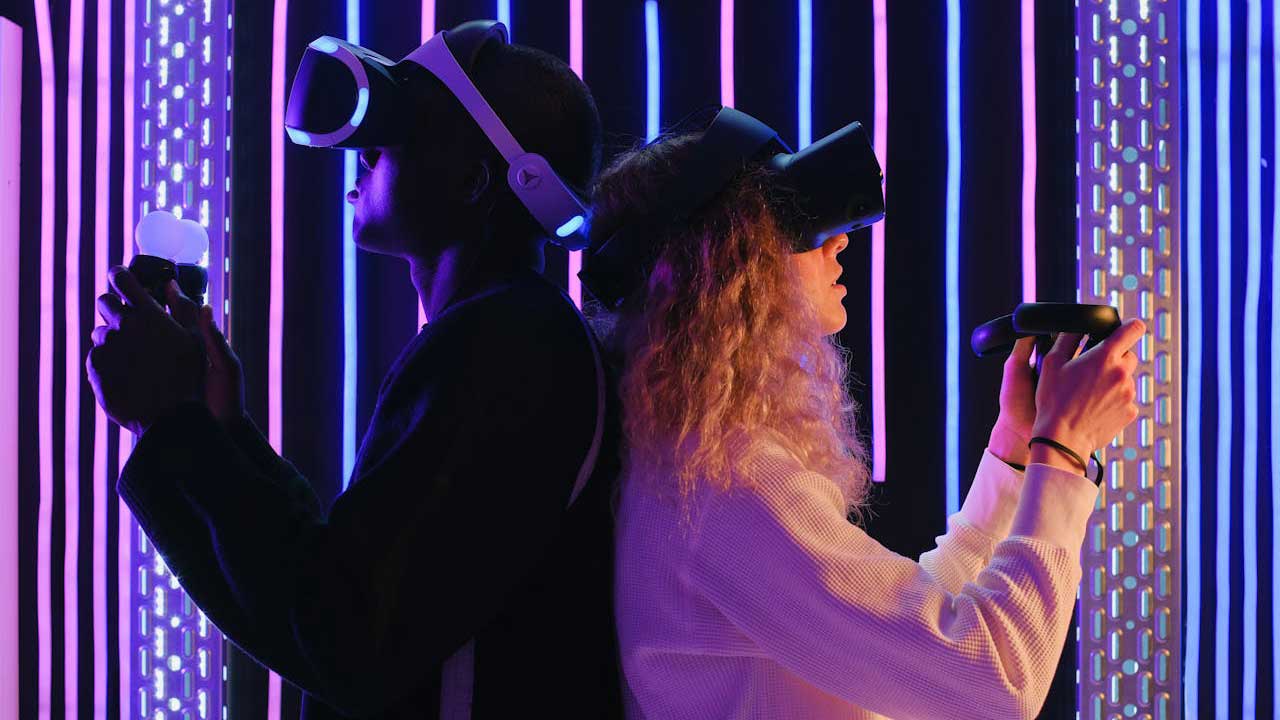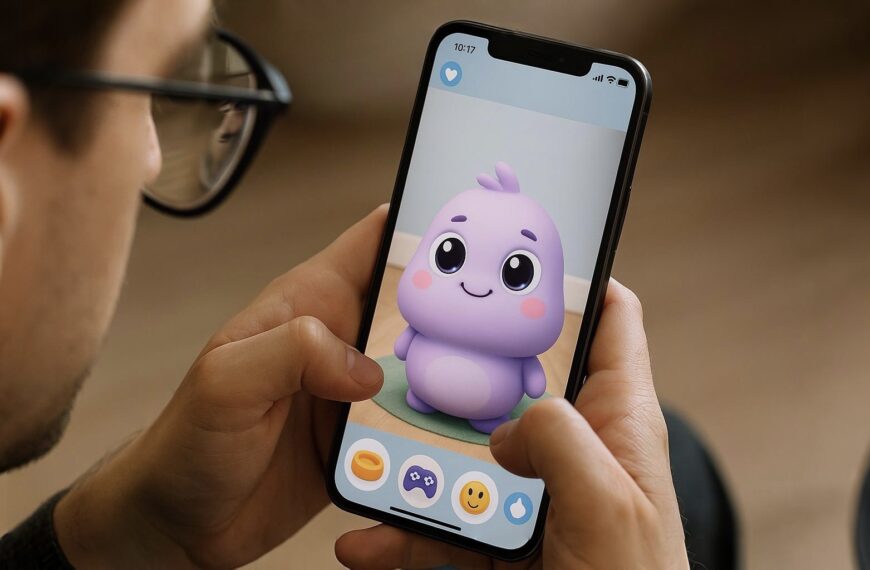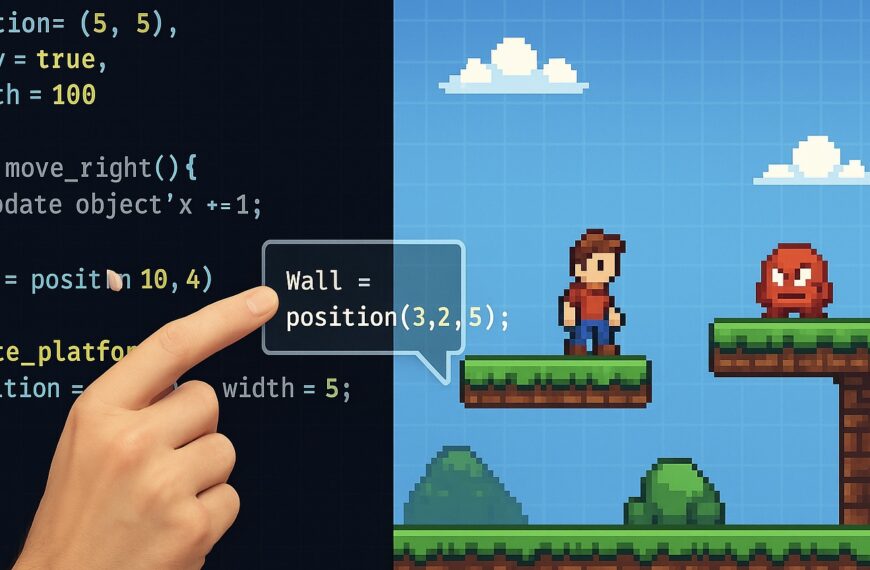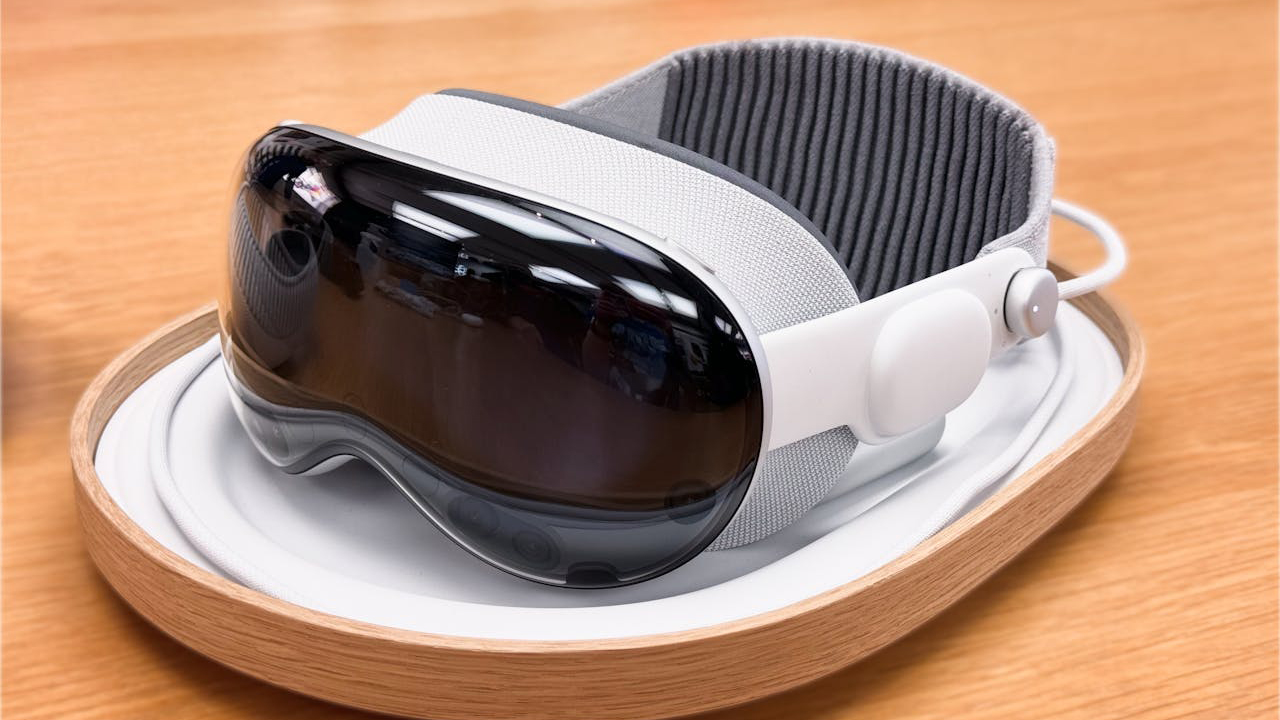Virtual Reality (VR) has evolved far beyond its initial association with gaming. Today, VR is making significant strides in various sectors, including healthcare, education, and professional training, offering immersive experiences that enhance learning and performance.
Healthcare and Medical Training
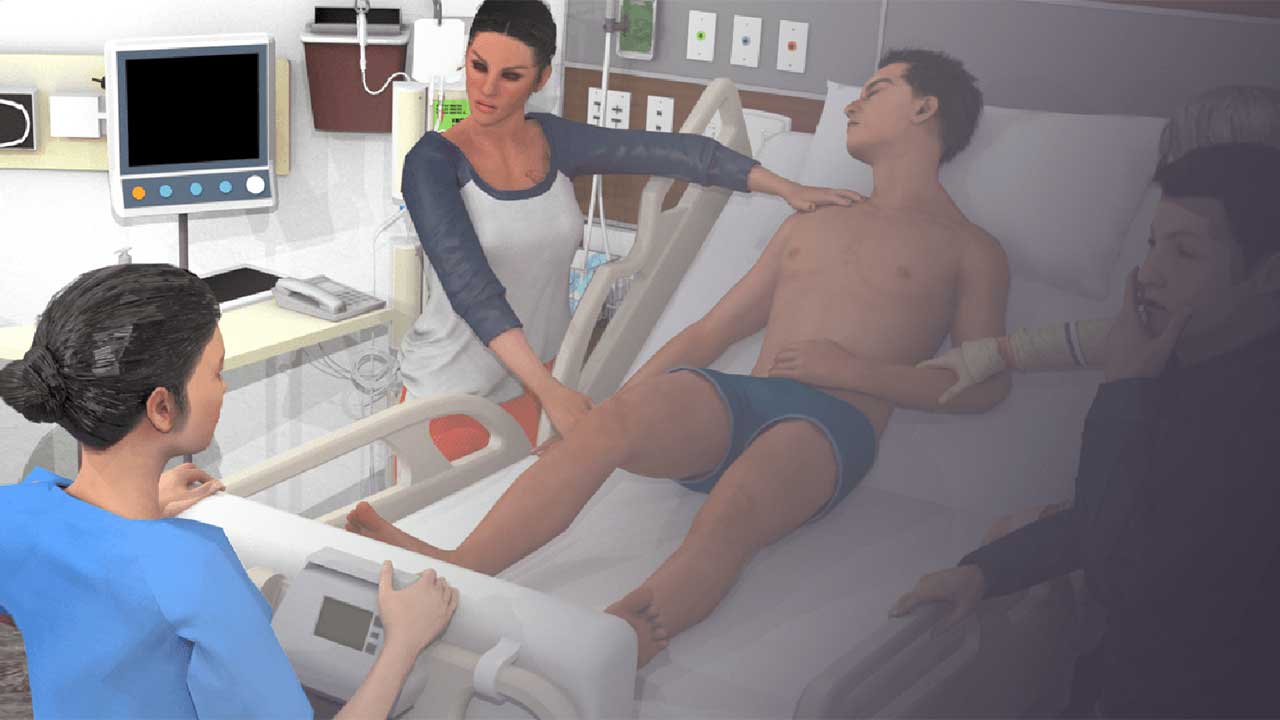
In the medical field, VR is revolutionizing training and patient care. Platforms like SimX provide realistic simulations for healthcare professionals to practice procedures in a risk-free environment. These simulations cover a wide range of scenarios, from emergency responses to routine check-ups, allowing practitioners to hone their skills without the need for physical mannequins or live patients. Additionally, VR is being used for remote rehabilitation, enabling patients to perform exercises under virtual supervision, improving accessibility and outcomes.
Education and Professional Development
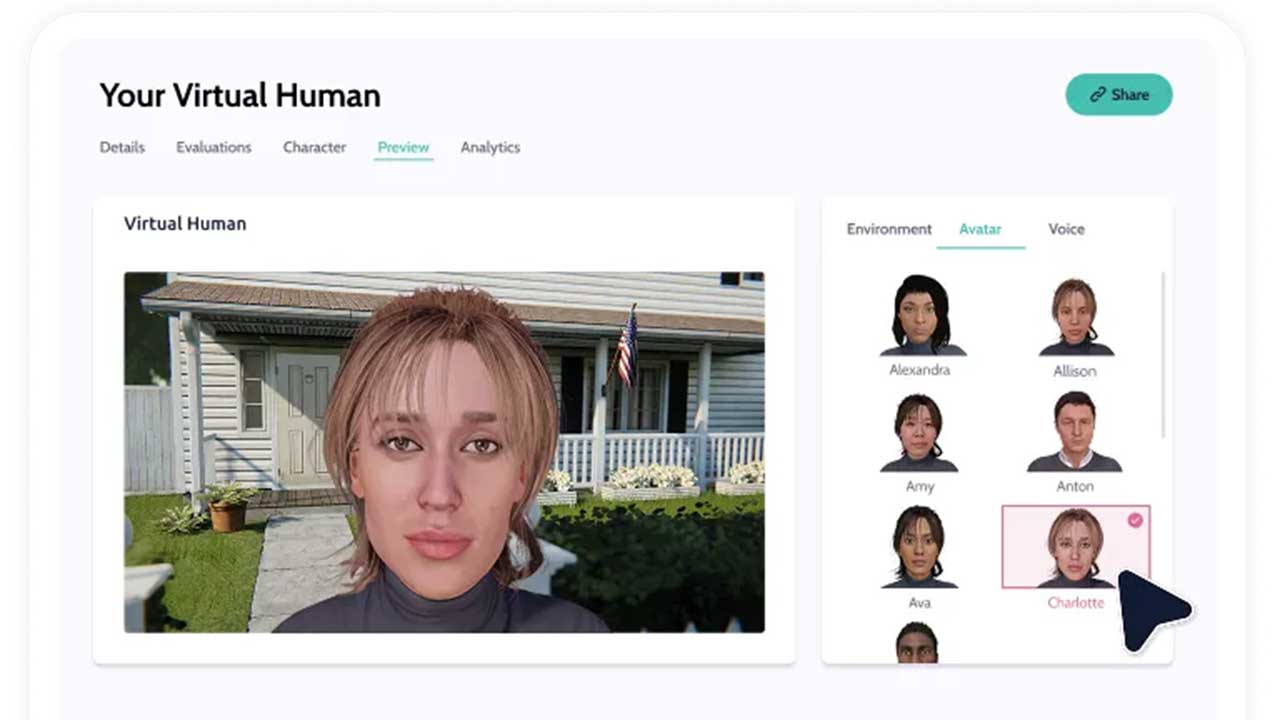
Educational institutions are integrating VR to create immersive learning experiences. For instance, Virti offers VR-based training that enhances skill acquisition and retention among students and professionals. This technology enables learners to engage with complex subjects interactively, fostering deeper understanding. By simulating real-world scenarios, students can practice soft skills, such as communication and decision-making, in a controlled environment, preparing them for real-life challenges.
Workplace Training and Collaboration
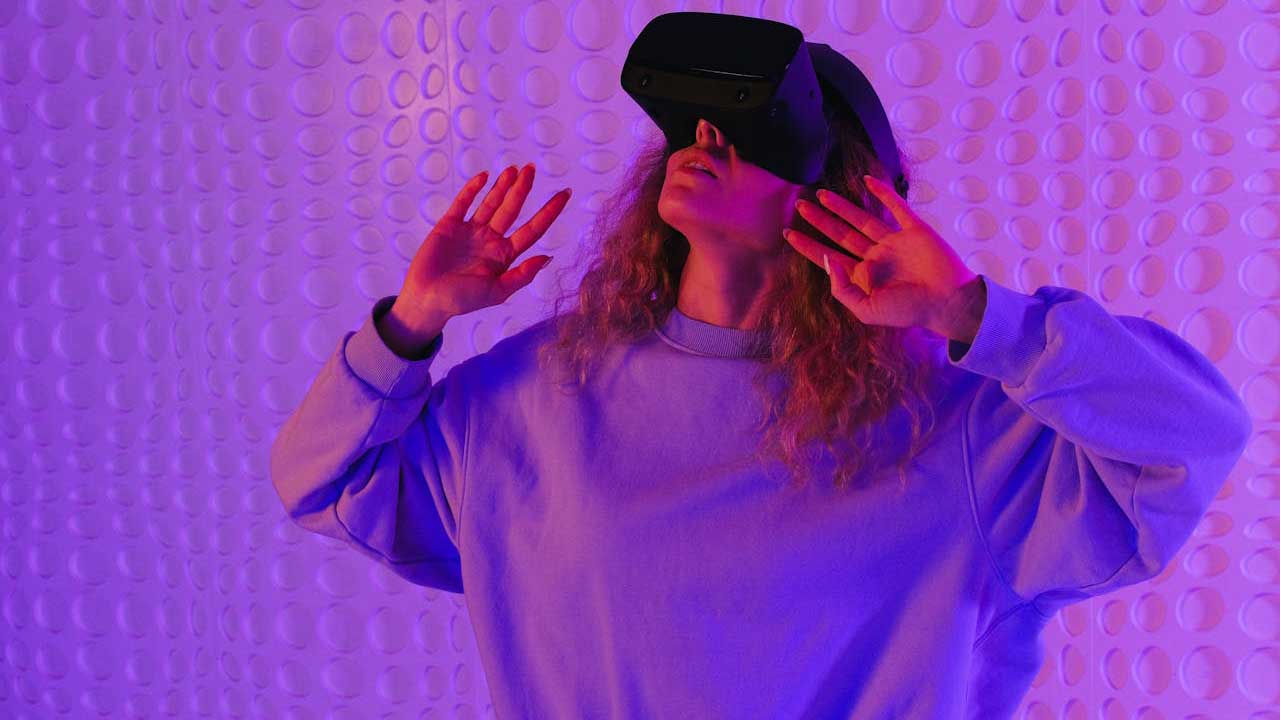
Companies are adopting VR for employee training and collaboration. VR platforms facilitate realistic simulations for various industries, from manufacturing to customer service, allowing employees to practice and refine their skills. This approach leads to improved performance and safety in the workplace. Moreover, VR enables remote teams to collaborate in virtual spaces, fostering teamwork and innovation without geographical constraints.
Mental Health and Therapy
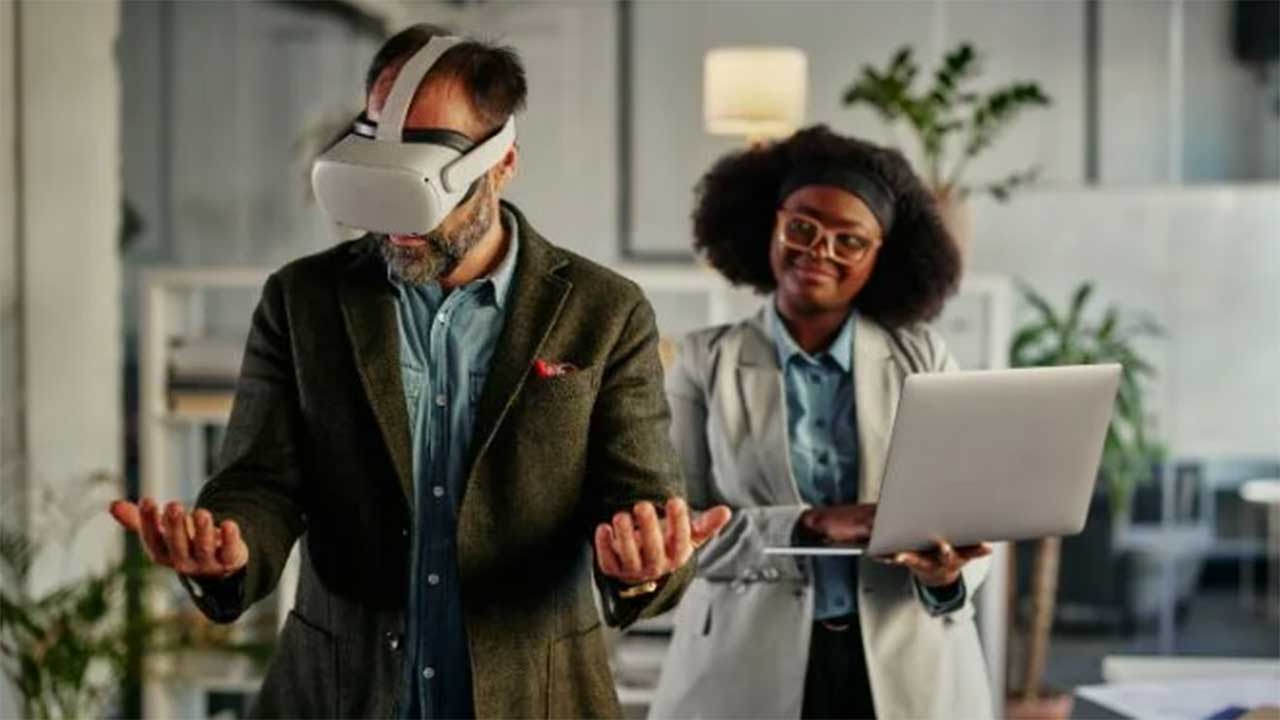
VR is also being utilized in mental health treatment. Therapists employ VR environments to help patients confront and manage conditions like phobias and PTSD in controlled settings, leading to effective outcomes and increased patient comfort. Applications like PsyTech VR offer self-guided training and consultations with therapists using VR, providing accessible mental health support.
As VR technology continues to advance, its applications across different sectors are expanding, demonstrating that VR is no longer confined to gaming but is a versatile tool transforming various aspects of our lives.
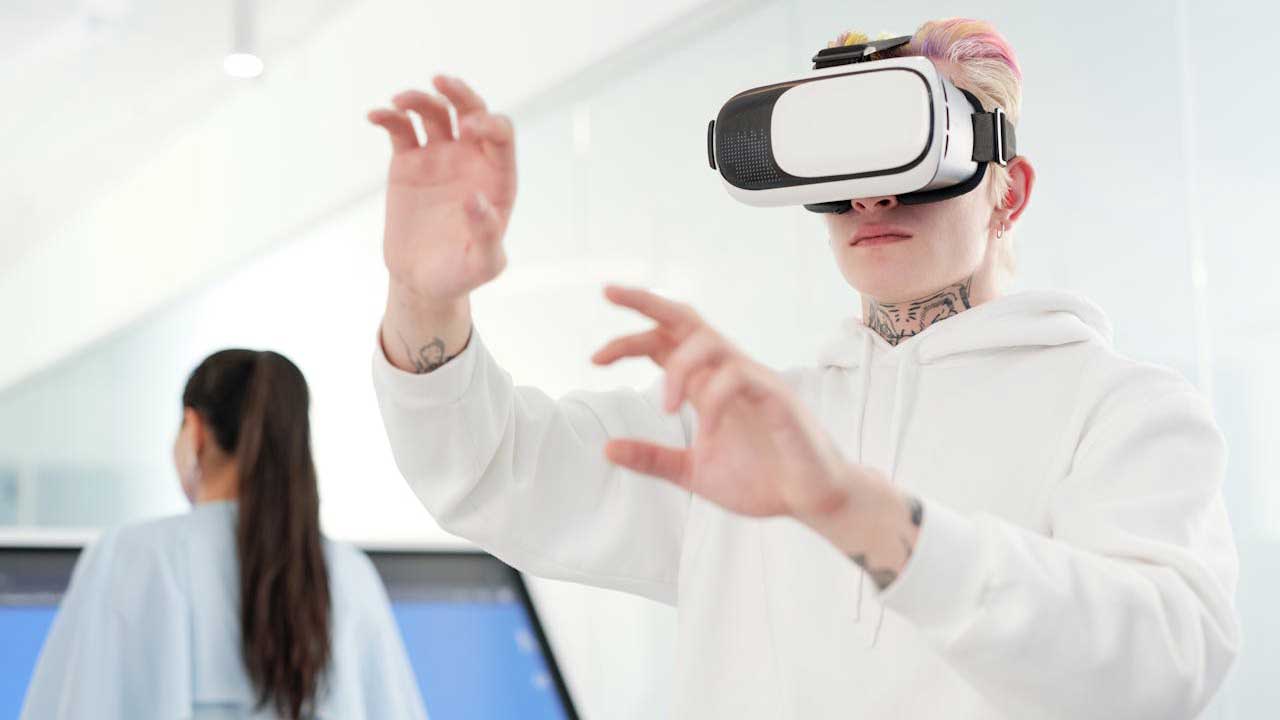
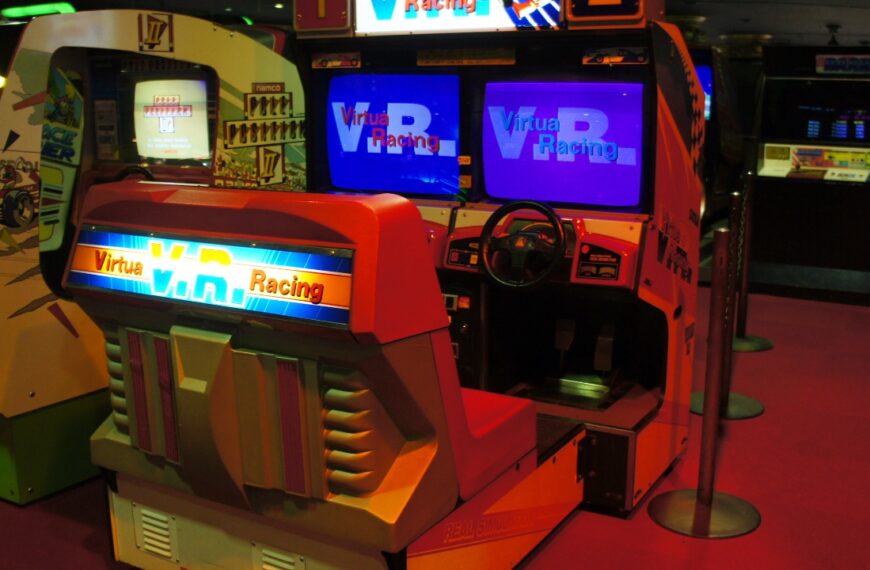
 By
By